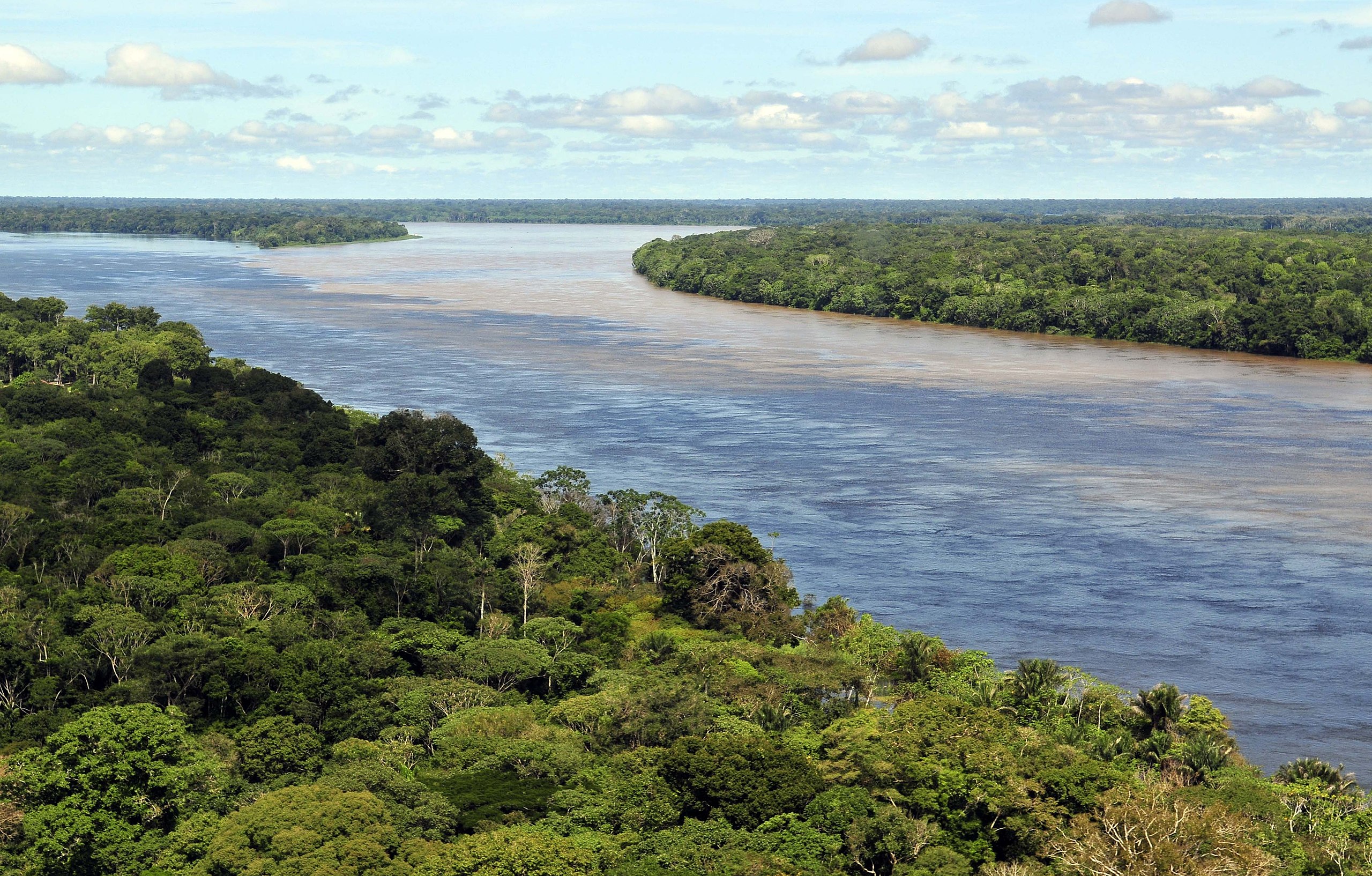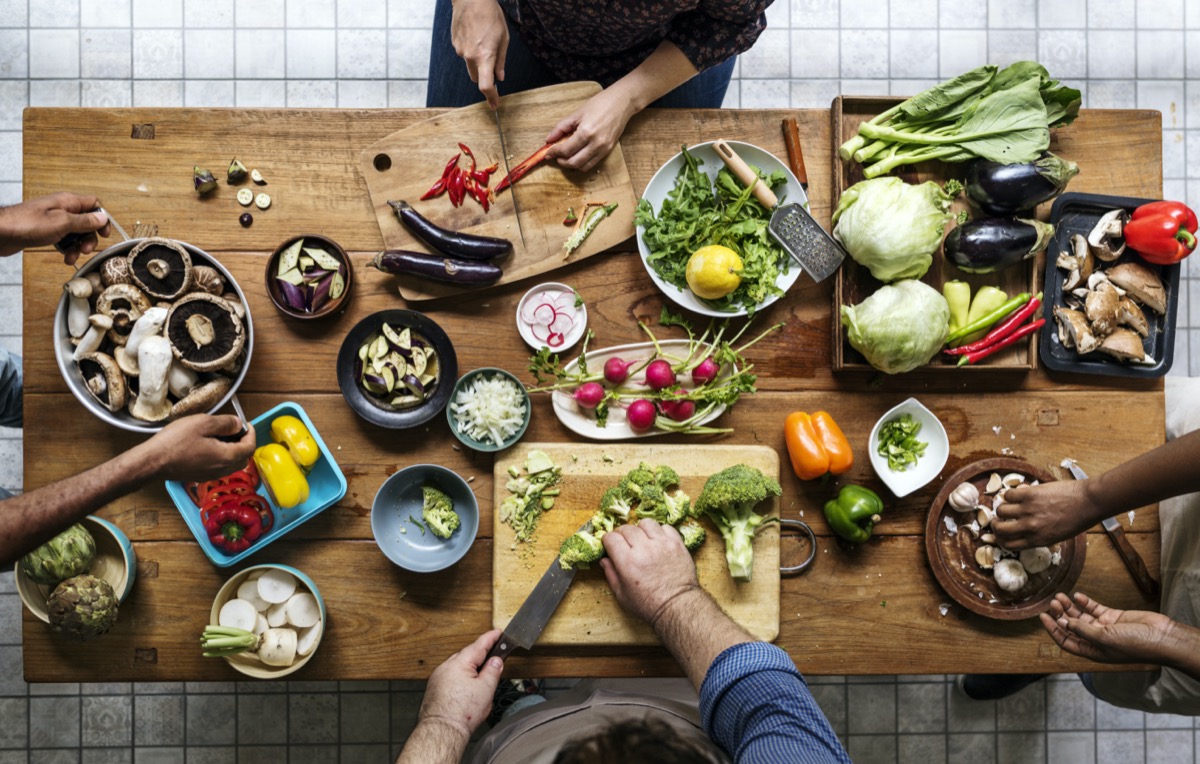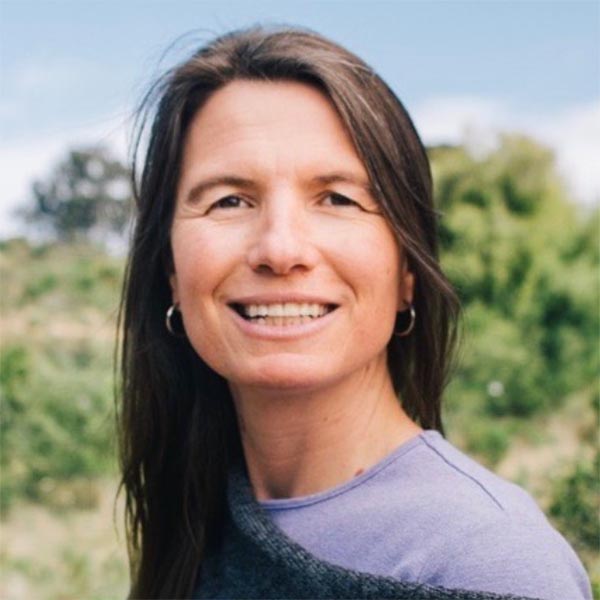Melissa Nelson | Source | Professor of Indigenous Sustainability at Arizona State University School of...

Melissa Nelson
Melissa K. Nelson, Ph.D., professor of Indigenous sustainability in ASU’s School of Sustainability, has spent over 20 years as part of the Native American food movement and has been an international Indigenous food sovereignty activist since 2006. She is an expert in Indigenous ecology, biodiversity and food systems, and can address range of topics, including food sovereignty and systems, Indigenous food rights and revitalization, decolonizing and diversifying the future of food, and why we need to use Indigenous food knowledge to create more sustainable food systems. She is chair of the Cultural Conservancy, a Native-led Indigenous rights organization, and serves on the boards of the Sogorea Te Land Trust, Occidental Arts and Ecology Center, the Pawanka Fund and the Native American Academy. She is Anishinaabe, Cree, Metis, and Norwegian, and a member of the Turtle Mountain Band of Chippewa Indians.
-
Arizona State University School of Sustainability
Professor of Indigenous Sustainability
-
What if nature had legal rights?
Imagine if the Amazon River had legal representation. Or if the Colorado River had a bill of rights. Or if an ecosystem was granted personhood. These are examples of the Rights of Nature movement, a topic that was addressed Wednesday during a panel discussion put on by ASU Project Humanities.
Article -
Decolonizing And Diversifying The Future Of Food
The Science Friday Book Club explores what a sustainable culinary future might look like.
Article -
This Nonprofit is Providing Native American Communities With Access to Nutrient-Dense, Culturally Affirming Foods—and It's Helping People Eat Healthier
The Cultural Conservancy supports Native Americans in eating well, indigenous style, by focusing on the protection and revitalization of Indigenous cultures and ancestral lands.
Article
-
Indigenous tribes are using the movement in tribal courts to protect bodies of water, food, even a sacred mountain. On July 6, the Ponca Tribe in Oklahoma unanimously adopted a statute recognizing the immutable rights of the Arkansas River and South Fork River, which flow through their territory.
As we often say, the Bureau of Reclamation may have legal authority, but those are spiritually occupied lands and our ancestors have authority there.


:max_bytes(150000):strip_icc()/20171104_Harvest-IVOFG_mfh_DSC05611-45c108dacb13487381f9056305992059.jpg)
